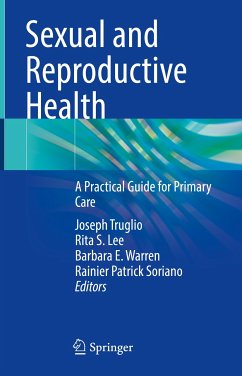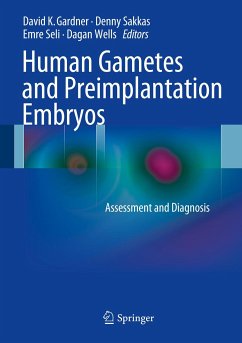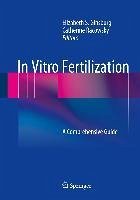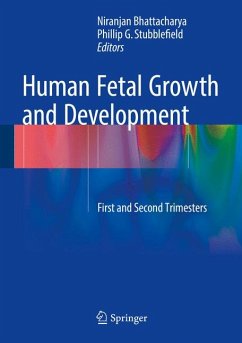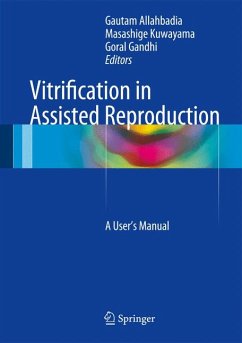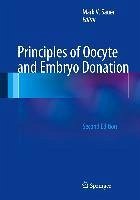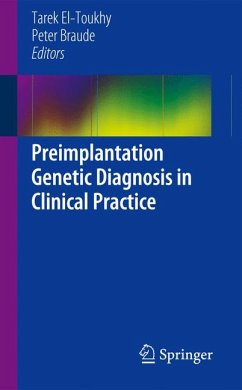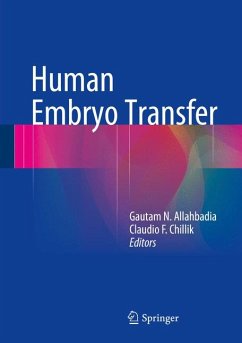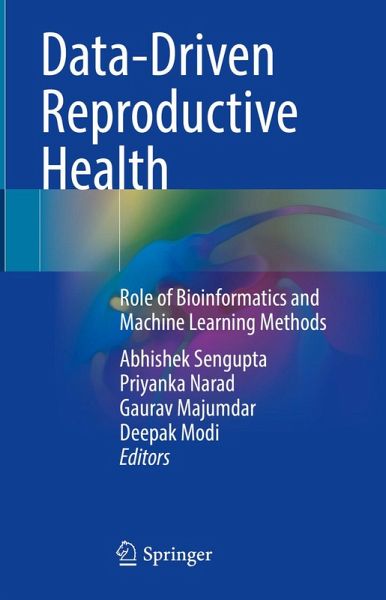
Data-Driven Reproductive Health (eBook, PDF)
Role of Bioinformatics and Machine Learning Methods
Redaktion: Sengupta, Abhishek; Modi, Deepak; Majumdar, Gaurav; Narad, Priyanka
Versandkostenfrei!
Sofort per Download lieferbar
112,95 €
inkl. MwSt.
Weitere Ausgaben:

PAYBACK Punkte
56 °P sammeln!
This book provides insight into the transformative impact of data-driven approaches on reproductive health. Chapters cover a wealth of intricate algorithms of genomic analysis, predictive modeling, and personalized treatment strategies, providing an up-to-date view of the reproductive healthcare landscape. With more than 20 code-based examples, the book decodes complex biological data using bioinformatics and machine learning and provides valuable insights into fertility, genetic disorders, and personalized medicine.This book is relevant for healthcare professionals, researchers, and students ...
This book provides insight into the transformative impact of data-driven approaches on reproductive health. Chapters cover a wealth of intricate algorithms of genomic analysis, predictive modeling, and personalized treatment strategies, providing an up-to-date view of the reproductive healthcare landscape. With more than 20 code-based examples, the book decodes complex biological data using bioinformatics and machine learning and provides valuable insights into fertility, genetic disorders, and personalized medicine.
This book is relevant for healthcare professionals, researchers, and students in the fields of reproductive medicine, bioinformatics, and genetics.
This book is relevant for healthcare professionals, researchers, and students in the fields of reproductive medicine, bioinformatics, and genetics.
Dieser Download kann aus rechtlichen Gründen nur mit Rechnungsadresse in A, B, BG, CY, CZ, D, DK, EW, E, FIN, F, GR, HR, H, IRL, I, LT, L, LR, M, NL, PL, P, R, S, SLO, SK ausgeliefert werden.



